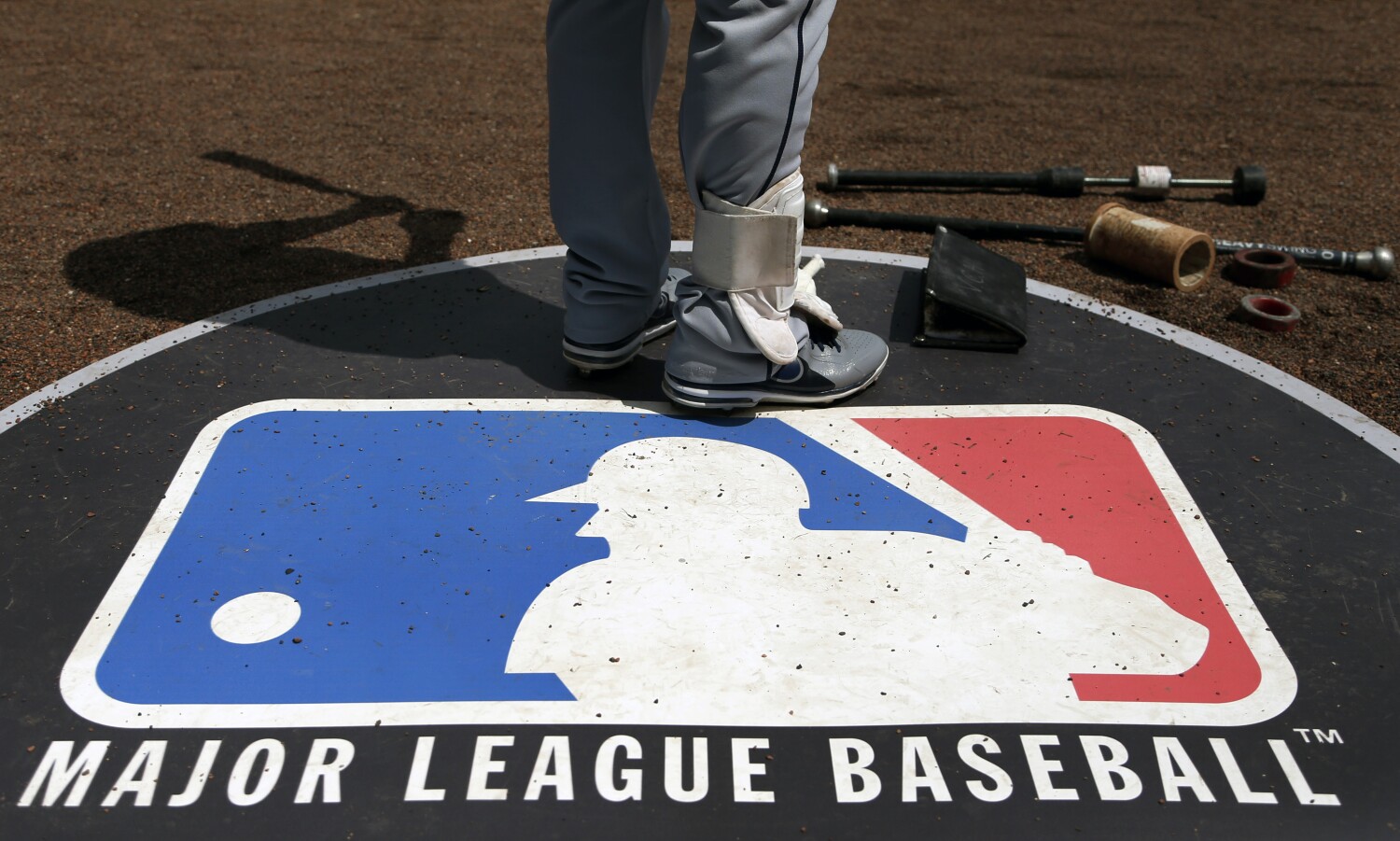Major League Baseball agrees to pay minor leaguers $185 million to settle lawsuit

As Major League Baseball agreed to pay $185 million to settle a lawsuit alleging the league had violated federal wage laws in compensating minor leaguers, an advocacy group called the settlement a “first step” toward overhauling the minor league pay structure.
“We will not be satisfied until minor leaguers have a seat at the table to negotiate fair wages and working conditions, as is the norm across professional sports,” the nonprofit Advocates for Minor Leaguers said in a statement Friday.
The settlement, according to documents filed Friday in U.S. District Court in San Francisco, provides $120 million to about 20,000 minor leaguers who had participated in the California League and in spring training or extended spring training in Arizona as far back as 2009. The number of players eligible and the amount each player would receive has not been determined.
MLB had argued that travel time and spring training time should not be counted toward pay for jobs the league said were akin to seasonal work. In March, Judge Joseph Spero ruled that the minor leaguers should be considered year-round employees.
As part of the settlement, MLB agreed to lift its ban on paying minor leaguers outside the regular season and advise teams they “must compensate minor league players in compliance with wage-and-hour laws” during spring training and extended spring training.
In 2018 — four years after the suit was filed — MLB persuaded Congress to pass a law that required teams to pay minor leaguers minimum wage during the regular season but exempted them from paying any overtime.
The minimum annual salary at triple A is about $14,000, while the minimum salary at the top level of hockey’s minor leagues is $52,000. The Senate Judiciary Committee is exploring whether baseball’s antitrust exemption might explain some or all of that difference, as the Advocates and their allies believe.
MLB Commissioner Rob Manfred told The Times this week that the “really meaningful” exercise of the antitrust exemption was in allowing the league to control franchise relocation. He said he did not believe the exemption limits minor league pay.
“I really don’t,” he said. “We have made tremendous improvements in wages, hours and working conditions in minor league baseball in recent years. We pay more. The working conditions are vastly improved. Travel is less. Training facilities are better. And 90% of minor leaguers receive housing.
“The other thing to bear in mind is that minor league baseball exists as the result of hundreds of millions of dollars of subsidies from Major League Baseball.”
The settlement dollars not divided among all eligible players will be split among legal fees, administrative costs and additional payments to the players who lent their names to the lawsuit.
For all the latest Sports News Click Here
For the latest news and updates, follow us on Google News.

